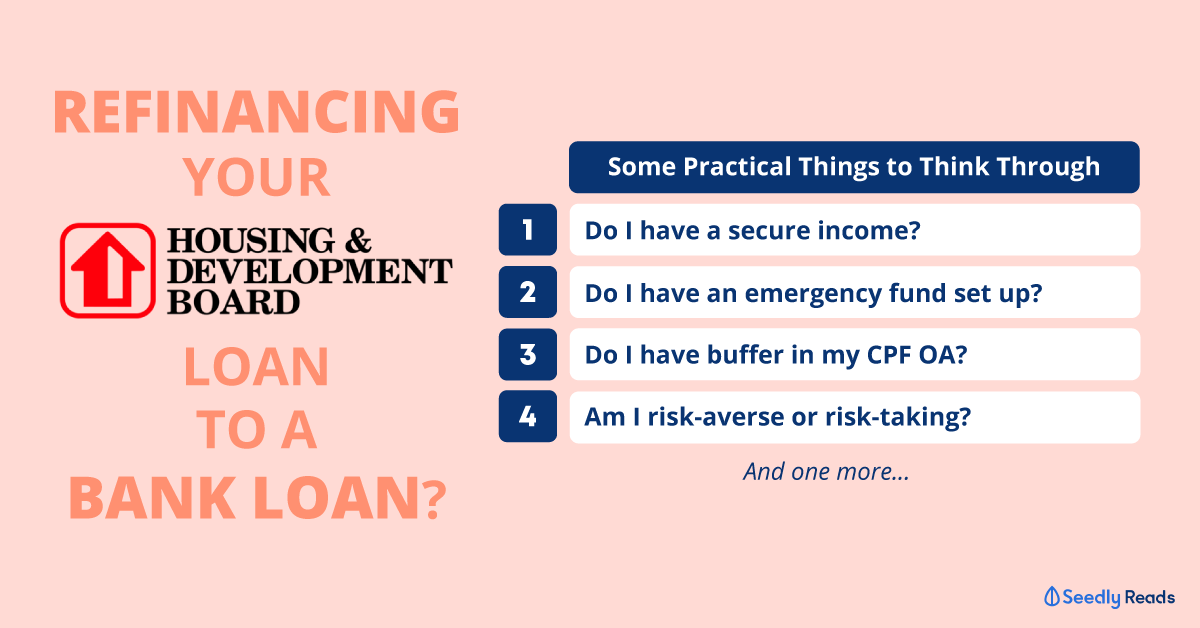Hi anon,
Basically you were proposed a plan on premium financing. This is leverage, which is a double edged sword.
There are pros and cons of course. Here are some of the pros (in general, not referring to any specific plan or scenario):
Low interest rate today and expected to continue for a few more years
You only need to pay interest on the loan and you don't have to repay the principal amount borrowed
Guaranteed lifetime income
No taxes on your income (unlike property rental which must be reported and you also have to deal with tenants, property tax, maintainence of the property, etc)
If interest rates go higher, your yield should still stay decent
Your capital is typically guaranteed
Cons include:
Interest rates will change in the very long run
The payouts have a non-guaranteed component and the guaranteed component is typically only enough for the interest payments (i.e. you get to keep whatever non-guaranteed payouts you get. This is how the banks will hedge their risk of loaning you the money)
Your payouts don't start until year 4 or 5 (depending on the plan) so you will have to pay for a few years before receiving your payout
If interest rates rise really badly, and insurer bonuses are cut in tandem, you end up having to service the interest to the bank and have no or even negative cashflow
Capital upside is not fantastic
Inflation will reduce the value of the payouts in the long run
I'd advise you to ensure that before the payout starts, you have sufficient funds to service the interest. Compare other plans and find one with a high guaranteed payout, since that cannot be taken away from the plan (it is a contract after all). Ensure you have a full understanding on the loan you take (in terms of how the interest will be calculated, repayment of the loan if needed, etc), and lastly, I highly recommend that you have enough money to pay off full or part of the loan if you need to so that you won't be a slave to the bank forever.
Leveraging on such plans can turn out well, but if things go south, make sure you have a plan B.









Hi anon,
Basically you were proposed a plan on premium financing. This is leverage, which is a double edged sword.
There are pros and cons of course. Here are some of the pros (in general, not referring to any specific plan or scenario):
Low interest rate today and expected to continue for a few more years
You only need to pay interest on the loan and you don't have to repay the principal amount borrowed
Guaranteed lifetime income
No taxes on your income (unlike property rental which must be reported and you also have to deal with tenants, property tax, maintainence of the property, etc)
If interest rates go higher, your yield should still stay decent
Your capital is typically guaranteed
Cons include:
Interest rates will change in the very long run
The payouts have a non-guaranteed component and the guaranteed component is typically only enough for the interest payments (i.e. you get to keep whatever non-guaranteed payouts you get. This is how the banks will hedge their risk of loaning you the money)
Your payouts don't start until year 4 or 5 (depending on the plan) so you will have to pay for a few years before receiving your payout
If interest rates rise really badly, and insurer bonuses are cut in tandem, you end up having to service the interest to the bank and have no or even negative cashflow
Capital upside is not fantastic
Inflation will reduce the value of the payouts in the long run
I'd advise you to ensure that before the payout starts, you have sufficient funds to service the interest. Compare other plans and find one with a high guaranteed payout, since that cannot be taken away from the plan (it is a contract after all). Ensure you have a full understanding on the loan you take (in terms of how the interest will be calculated, repayment of the loan if needed, etc), and lastly, I highly recommend that you have enough money to pay off full or part of the loan if you need to so that you won't be a slave to the bank forever.
Leveraging on such plans can turn out well, but if things go south, make sure you have a plan B.